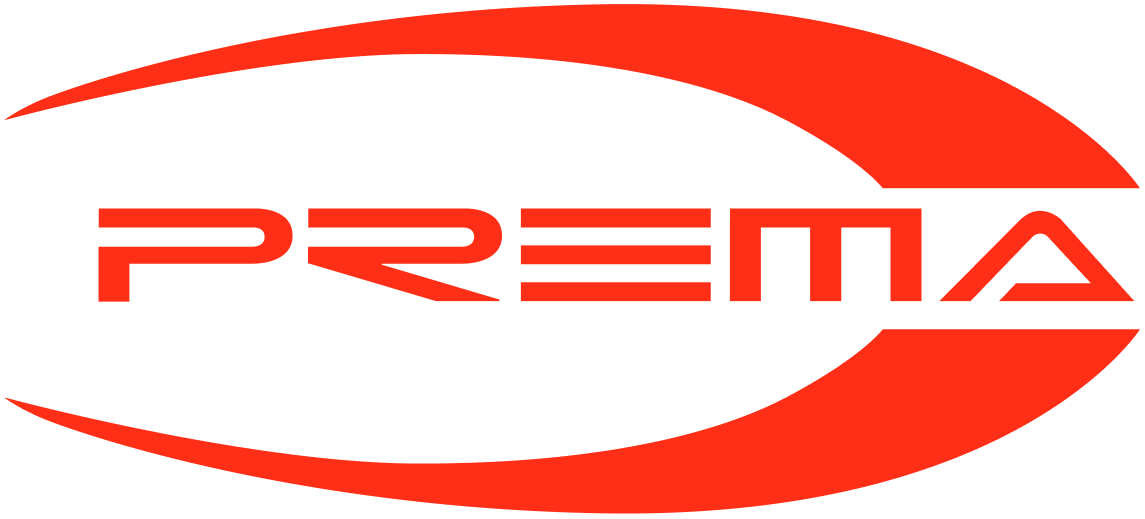Compressed air is a critical input of most modern industrial operations, and while air compressors themselves are not overwhelmingly expensive, the energy they consume can be.
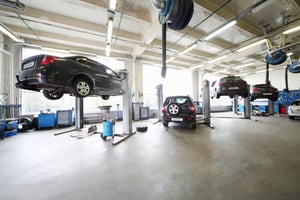 In fact, the Department of Energy estimates that the generation and distribution of compressed air accounts for between 10% and 30% of the average industrial facility’s annual energy costs.
In fact, the Department of Energy estimates that the generation and distribution of compressed air accounts for between 10% and 30% of the average industrial facility’s annual energy costs.
These costs run even higher – between 50% to 70% of the total energy bill – in auto body shops, where compressed air powers everything from grinders and sanders to tire inflators and pneumatic paint sprayers. As such, improving compressed air efficiency is one of the easiest ways for a body shop to raise its bottom line.
That said, body shops tend to concentrate on optimizing their overall compressed air systems when, in reality, end-use applications of compressed air are often the source of the costliest inefficiencies. With that in mind, we’ve drawn up a list of things body shops should attend to in order to maximize air output and energy savings when using air-powered tools.
Optimizing end-use tools’ consumption of compressed air begins with proper maintenance and lifecycle management. First and foremost, air tools should always be lubricated according to manufacturer specifications to maximize not only the tools’ energy efficiency, but their overall effectiveness in the shop. Body shops should also strictly adhere to manufacturer guidelines on tools’ useful life, as tools typically consume increasing amounts of compressed air as they wear out.
Even if a shop’s tools are relatively new and regularly maintained, there’s no guarantee that they’re using compressed air in an efficient way. For one, shops often install tools that consume more compressed air than necessary. Where an end-use tool with a vortex nozzle can do the trick, an open blowing tool is a waste of resources. Similarly, using a tool at free speed (that is, with no load) is recipe for energy inefficiency — unless there’s a clear reason not to, a body shop should always operate air tools with a load applied.
It’s equally important to carefully monitor the air pressure at the inlets of end-use tools, as improperly-sized hoses, fittings, and quick disconnects can lead to minor leakages that cannot be seen or heard, but can trick shop managers into thinking they need to increase their overall system pressure — and in so doing, increase their shop’s energy consumption.
On the topic of system pressure, body shops should routinely audit the set pressure on the pressure regulator that feeds each tool. Most manufacturers state maximum 90 psi yet it is not unusual for operators to increase the pressure set point to something higher. Exceeding the tool’s recommended pressure settings results in higher levels of compressed air consumption and premature wear and failure of the tool’s air motor.
In addition, ensure your system pressure set points are as low as comfortably required to provide adequate pressure to operate all of your air consumers. The rule-of-thumb is every 2 psi equates uses 1% of the input energy to the motor. Thus, you can potentially lower your energy costs by lowering your compressor pressure settings if you find they are set considerably higher than you need to operate your equipment. There’s no reason to keep system pressure elevated when a lower pressure will get the job done and lower your electric bills.
At Mattei, energy efficiency is at the core of everything we do, and our BLADE Series air compressors are ideal for use in body shops, mechanical shops, and woodworking shops alike.
Designed to produce air compressed up to 175 psi, BLADE compressors consume 20% less energy than rotary screw compressors, providing body shops with the efficiency they need to support their end-use tools and checkbooks in equal measure.

Mattei offers a wide range of vane compressor models that perfectly meet the specific needs of the transport industry.

The reliability of Mattei compressors, the high quality standards of the delivered compressed air and the compliance with the industry regulations, make them ideal to be used in the healthcare and pharmaceutical industry.

Reduced operating costs, environmental sustainability and extreme purity of the air supplied make Mattei compressors suitable for all processes in the food industry.
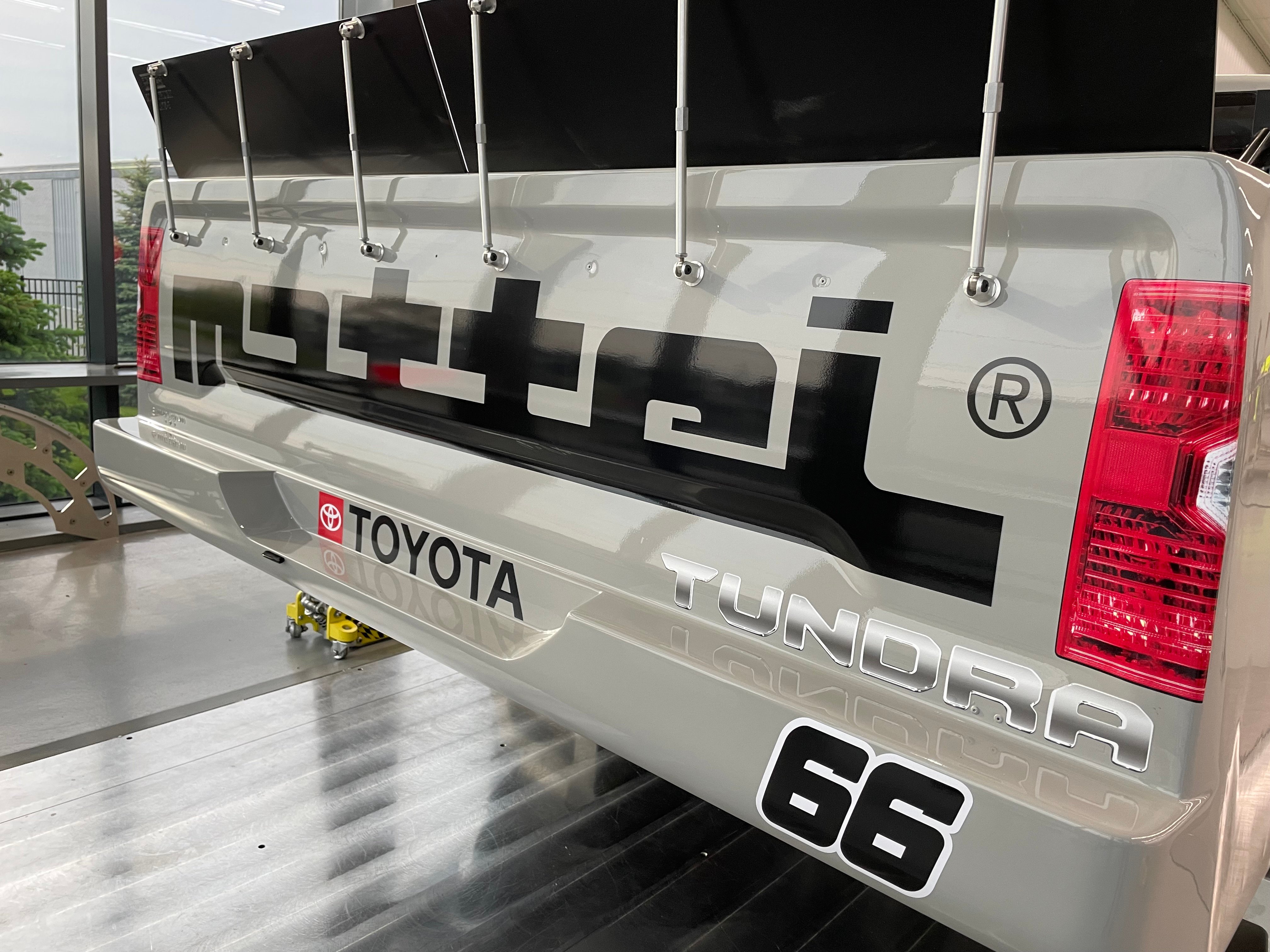
Good luck ThorSport Racing. Waiting to watch the racing!
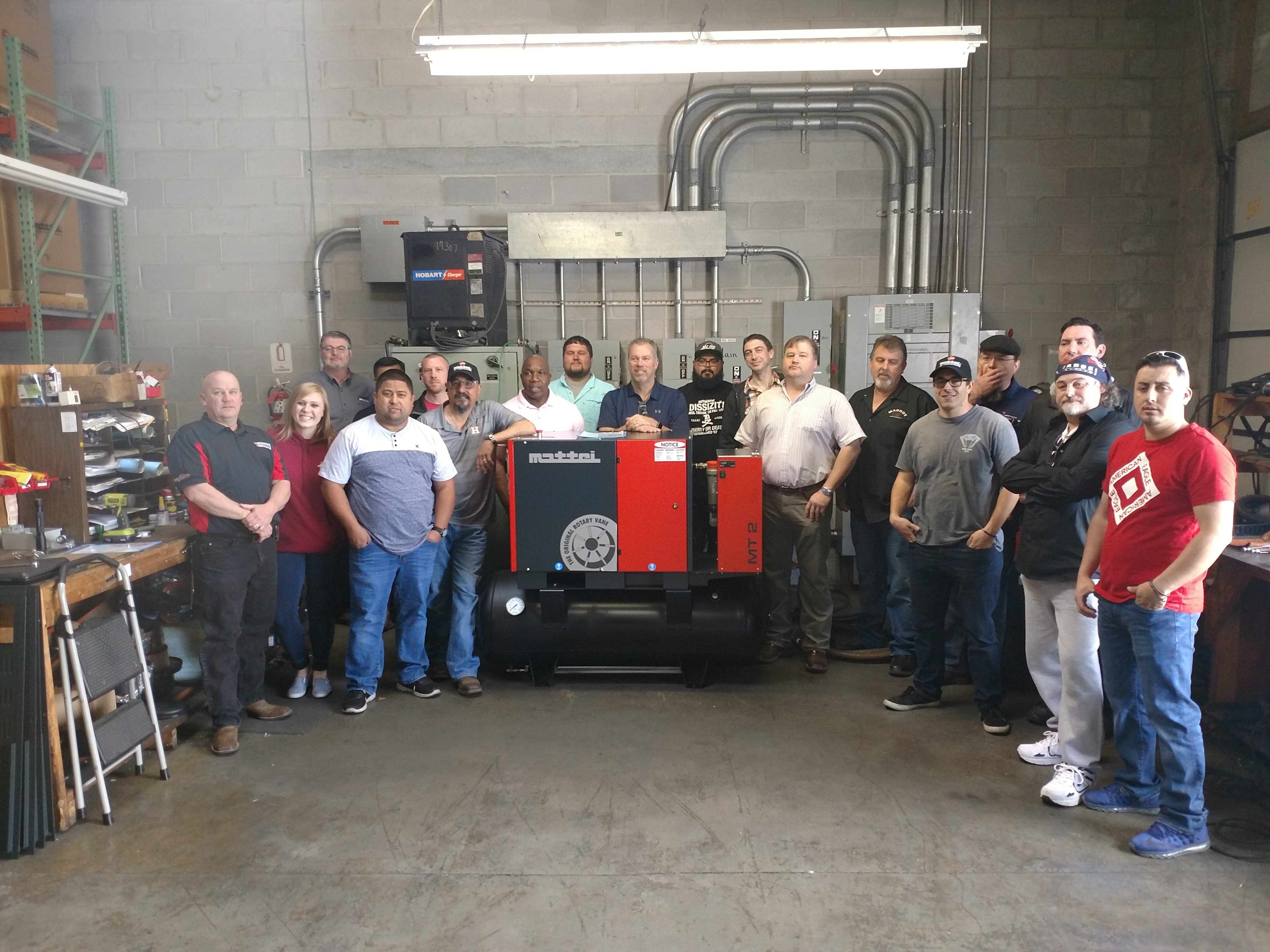
We recently held our Spring 2018 Service School for distributors. The school graduated 17 participants from both the sales and service sides.

Today, Mattei Compressors, Inc., announced the recipients of its 2017 Distributor Awards. These distributors went above and beyond to provide high-quality service to Mattei customers over the past year.
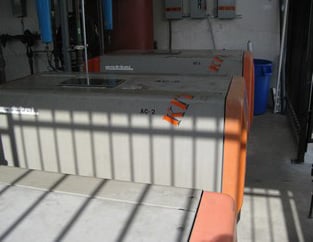
Helix Medical, LLC is widely regarded as a premier supplier of biocompatible silicone medical devices and components to the medical device, pharmaceutical and biotech industries.
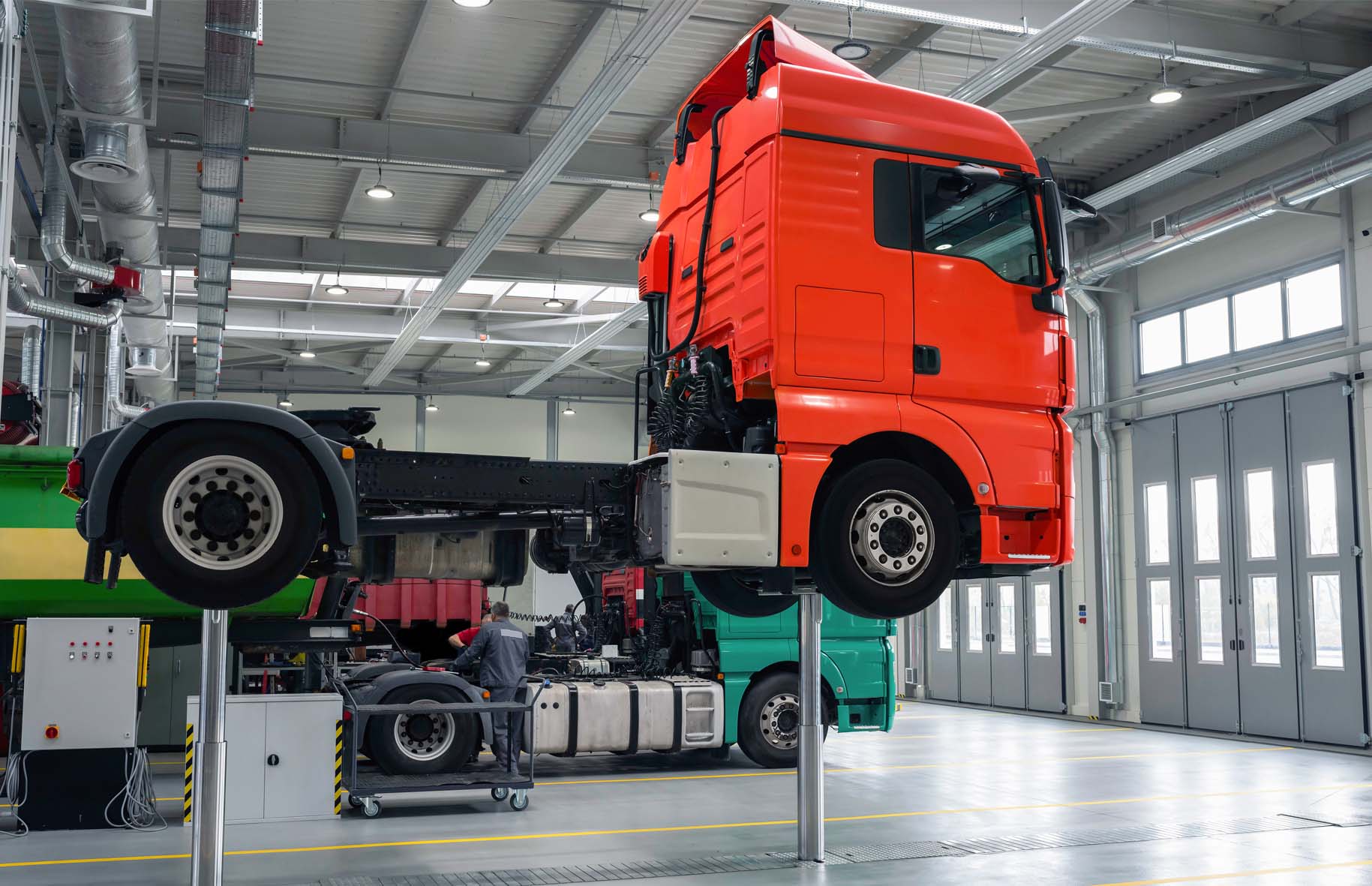
John Baker Sales, a Mattei distributor located in Colorado, worked very closely with Transwest to ascertain the company’s needs prior to making a product recommendation.

